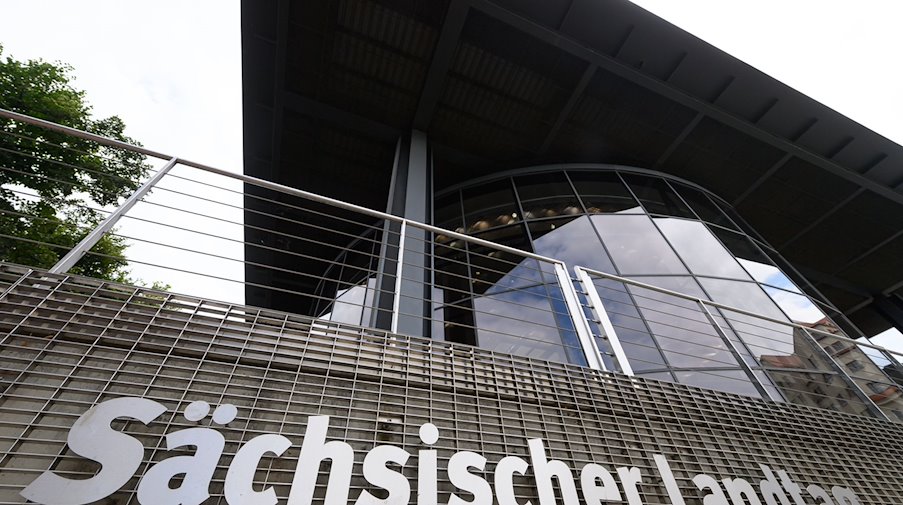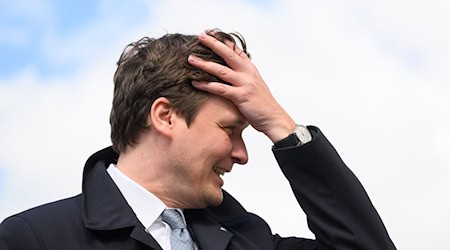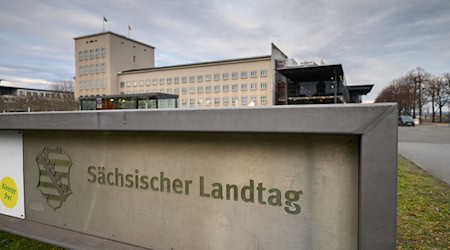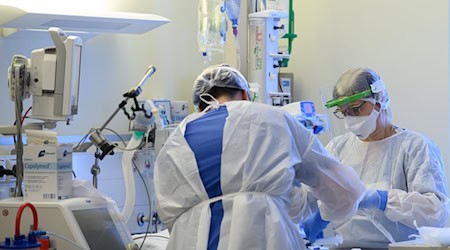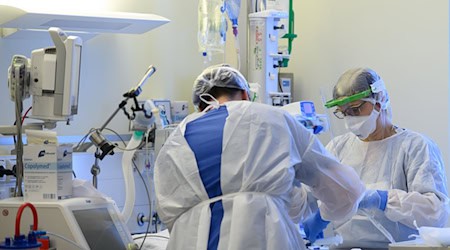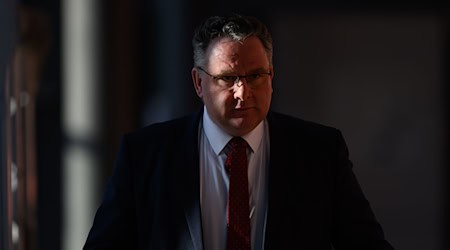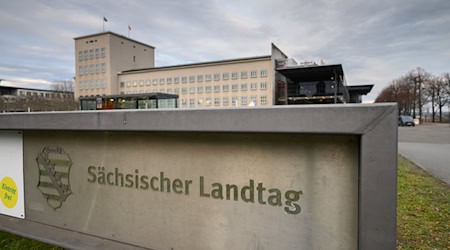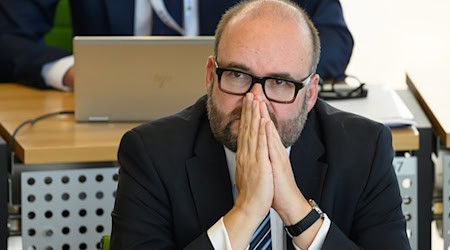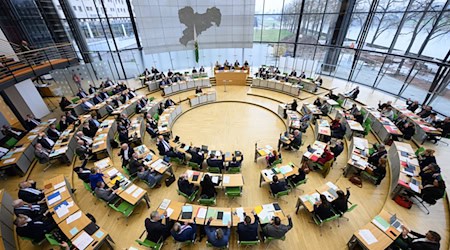The measures implemented since 2019 to maintain medical care in Saxony are not enough in the view of the state parliament. There is a need for further efforts and innovative ideas to alleviate the existing shortage of doctors and to cope with the growing need for treatment in the future in the wake of an aging society, representatives of all parliamentary groups stated in a topical debate in parliament on Wednesday. Therefore, they said, the 20-point program 2030 must be implemented and further developed more quickly. "We are on the right track," said Health Minister Petra Köpping (SPD) and thanked "everyone who is constructively involved."
The consequences of demographic change, fewer specialists and more patients, required "that we have to go new ways," she confirmed. One knows about the gaps in the health system. According to the minister, the expansion of study capacities in the field of human medicine as well as dentistry has already been registered, and this is also being explored in the pharmaceutical field, including the study project at the University of Pécs (Hungary). And analogous to the rural doctor quota established in 2022, a rural dentist quota is being discussed with chambers and associations. "But it all takes time."
Additional study places, more education and training
Additional study places, also with easier access, are part of the "20-Point Program - Medical Care 2030," as are teaching practices in rural areas, more offers for education and training, or support for young professionals. "It is true that the increased number of doctors has not led to the shortage being stopped," said Simone Lang of the SPD parliamentary group, which requested the debate. "We have to give the existing expertise to more people."
A lack of specialists, a growing patient population, more bureaucracy and complicated processes due to digitalization, changing demands for work-life balance or free time, that's how Alexander Dierks (CDU) outlined the situation. His group sees deficits not with the number of physicians - per year 100 would be trained, which would speak for medical quality -, but with the infrastructure, where on a combination of ambulatory and stationary sector should be set.
The AfD parliamentary group demanded more speed, the Unterversorgung became "worse", stated Dietmar Frank Schaufel with reference to up-to-date 522 unoccupied family doctor places. The Left Party sees deficits in the area of digitalization. In addition, specialist area and medical assistants must be taken into focus, said Susanne Schaper.
Long medical training
Markus Scholz (Greens) demanded that dentistry must also be considered, where also age departures threatened. With reference to the fact that the long medical training works only in the medium and long term, "we need further measures that help in the short term". It is a matter of good working and living conditions in rural regions and conditions for young doctors to be able to practice their profession on a salaried basis, in a team and with a work-life balance.
Copyright 2023, dpa (www.dpa.de). All rights reserved

